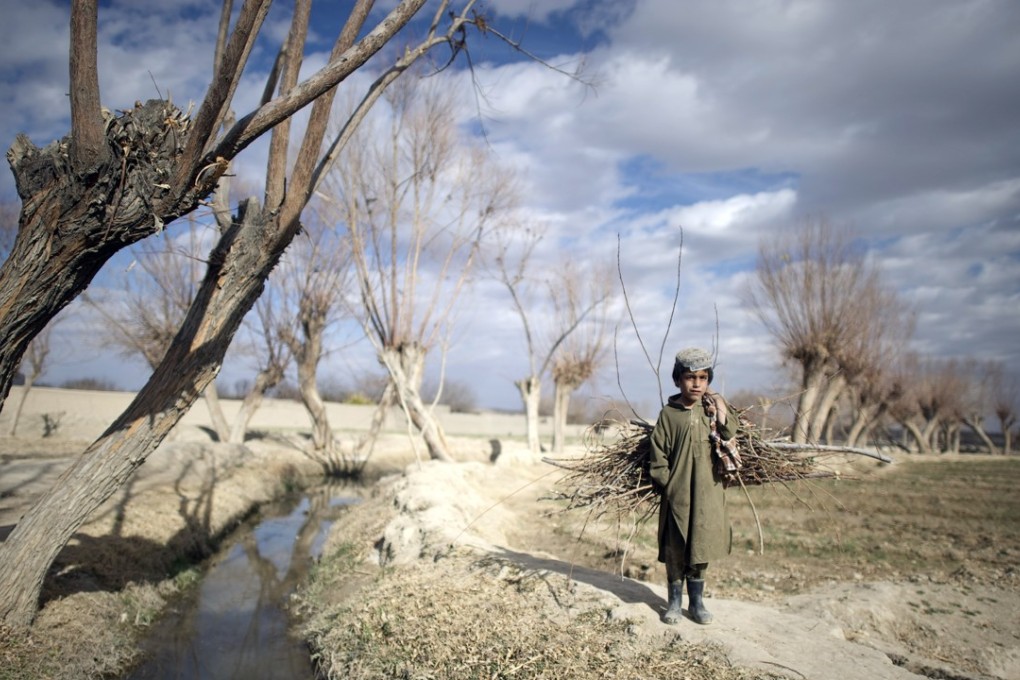Review | Mohammed Hanif’s Red Birds brims with anger at the absurdity, ugliness and human cost of war
- Pakistani writer’s third novel paints the familiar sight of a land bombed out of recognition, in a profoundly sad lament for innocent lives lost

Red Birds
by Mohammed Hanif
Bloomsbury
For his third novel, Pakistani writer Mohammed Hanif has turned to the vast, arid landscape bombed relentlessly in the never-ending war on terror.
This land could be Pakistan or Afghanistan, carved out of desert-like nothingness and lying in an unruly fashion between the two political entities, with a boundary that those who live there neither recognise nor understand. The people, who all seem “Arab” to the clean-cut American pilots fighting the war on terror, survive on wile, instinct and luck, and a dog has the wisdom of a philosopher.
Hanif is a fine satirist. His first novel, A Case of Exploding Mangoes (2008), is a masterpiece that ridicules the pomposity of Islamabad’s armed forces and intelligence agencies, but also lets out a heartfelt cry for a more humane Pakistan, which began to disappear during the rule of General Mohammed Zia-ul-Haq (1978-1988).
His second novel, Our Lady of Alice Bhatti (2011), set in Karachi, shifts between the lives of the corrupt elite and the poor fighting for survival, and features an unlikely romance between a policeman who has had his thumb blown off and a Christian nurse.

The stench of temporariness pervades Red Birds – no clear lines are drawn and nothing is permanent: not townships, not maps, not landmarks – even homes are makeshift camps, where the letters “R” and “e” have fallen off a signboard, and the camp is named “fugee camp”. Life here is so hard that escaping to the desert seems like a good option. “God left this place a long time ago[…] He had had enough. I have had a bit more than that,” says Mutt, the dog.